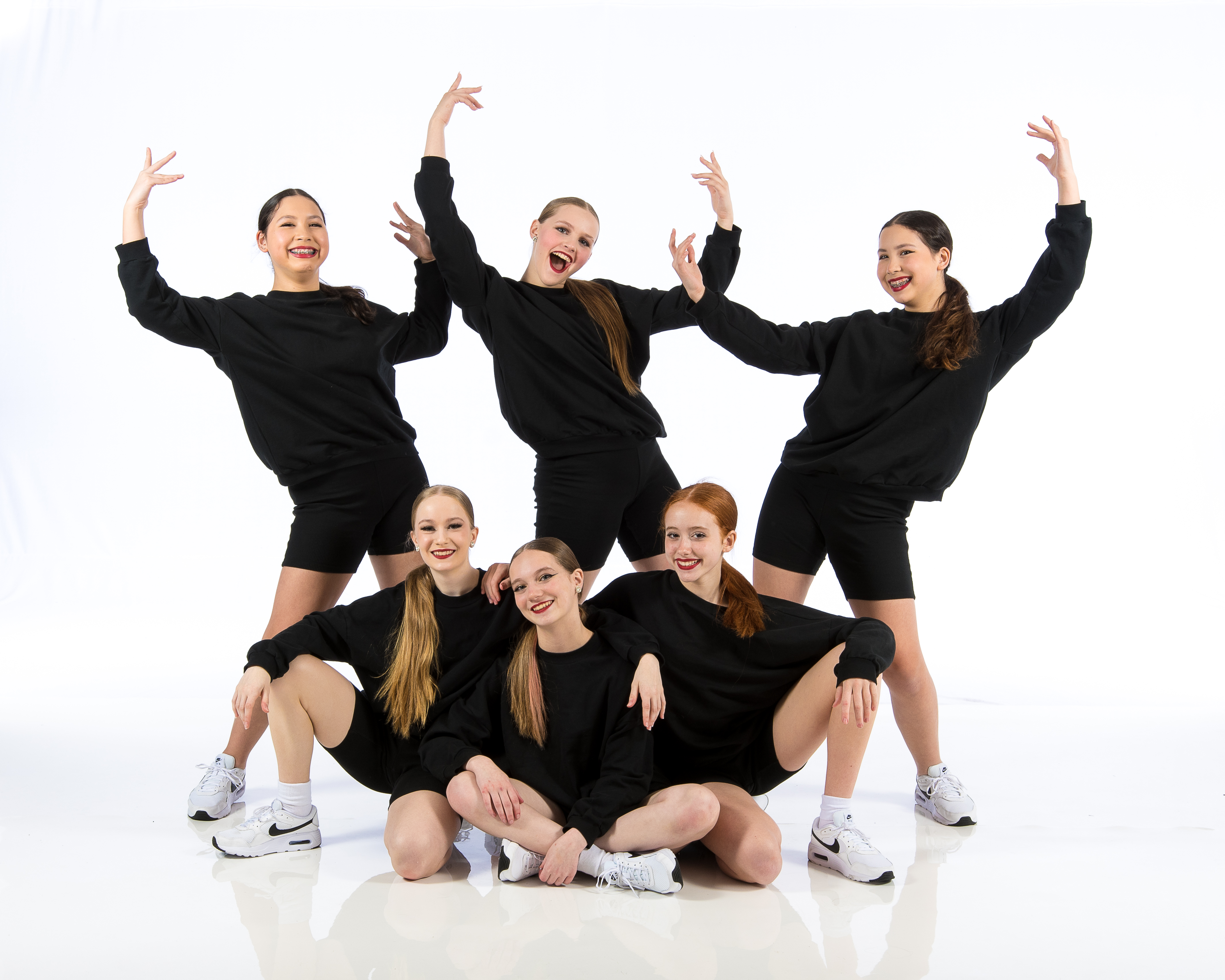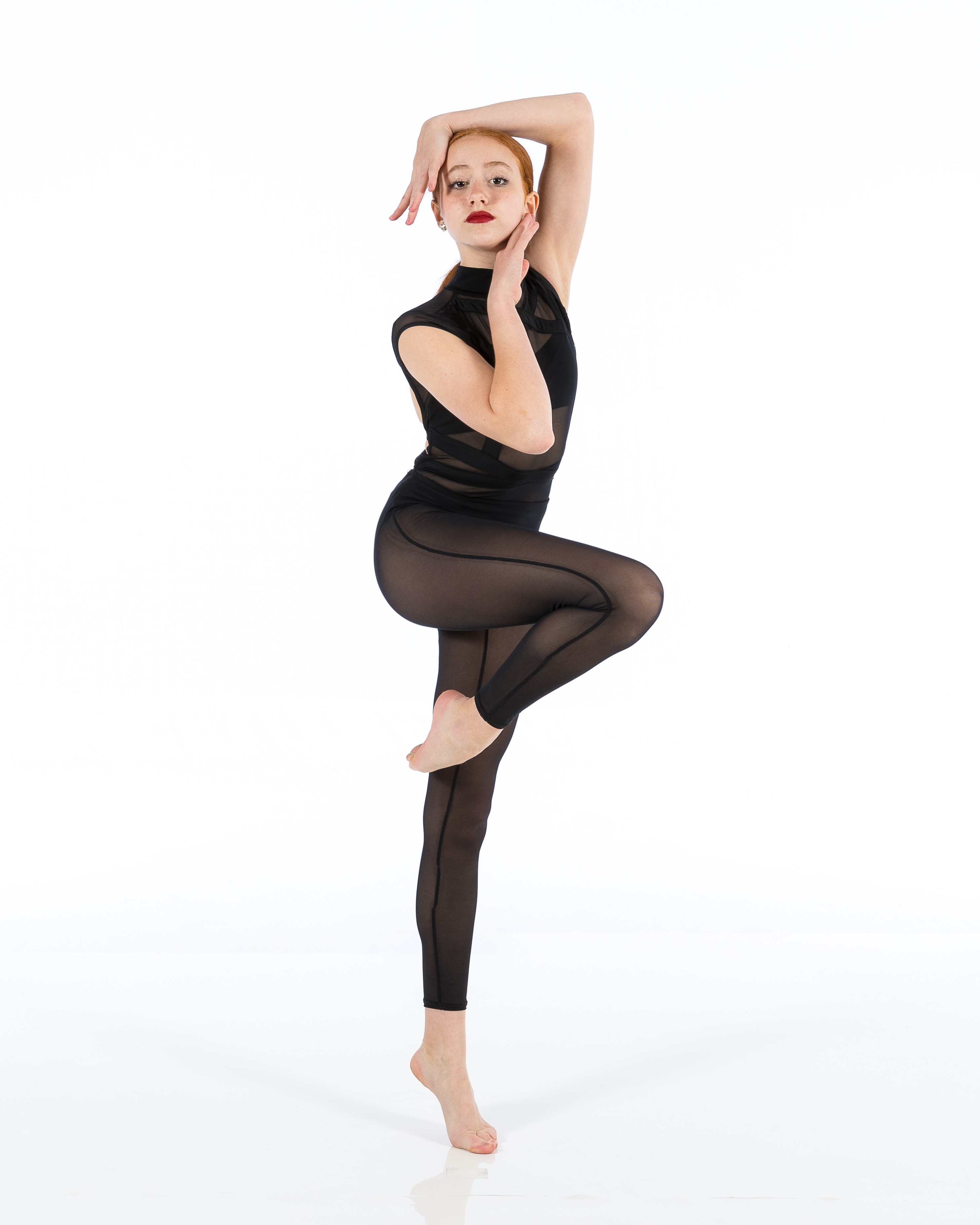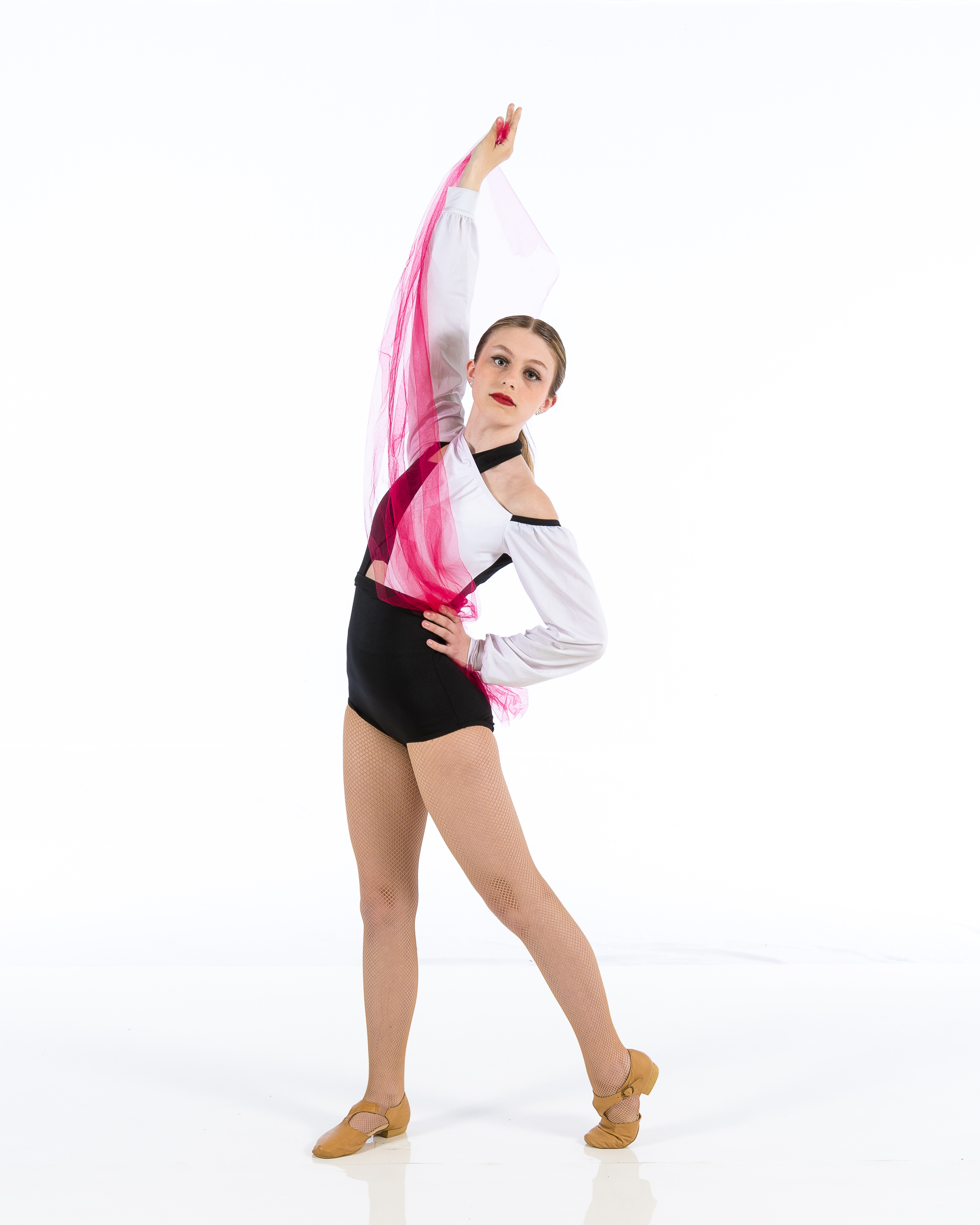Introduction
Stepping into a dance studio for the very first time is an exciting experience, one that can mix an alcoholic drink of feelings-- exhilaration, anxiety, expectancy. Whether you're an experienced professional dancer or just starting your trip, comprehending the subtleties of dance studio rules can boost your experience and boost your connections with trainers and fellow professional dancers alike. In this comprehensive overview, we'll dive deep right into Mastering Dance Studio Decorum: Essential Tips for Beginners and Pros Alike
From standard policies to sophisticated factors to consider, this write-up will cover whatever you require to know about browsing the lively world of dance workshops. So tighten those shoe laces and let's get started!

The Significance of Dance Studio Etiquette
Why Decorum Matters in Dance Studios?
In any kind of imaginative atmosphere, decorum plays a critical function in keeping harmony and respect among individuals. Dancing workshops are no exemption. Good rules fosters a favorable environment where creative thinking can flourish.
- Respect: Being thoughtful in the direction of teachers and fellow dancers builds common respect. Focus: Proper behavior decreases distractions, allowing everybody to focus on learning. Community: Etiquette helps develop a helpful area that encourages development and camaraderie.
Common Mistaken beliefs About Dance Studio Etiquette
Many newcomers hold misunderstandings concerning what constitutes appropriate habits in dancing workshops. Allow's unmask some misconceptions:

Myth 1: "Just advanced dancers need to adhere to rules."
Fact: Rules is important for all degrees; it reflects professionalism.
Myth 2: "Trainers are also stringent regarding guidelines."
Fact: Teachers enforce rules to keep order and respect.
Basic Dance Studio Decorum for Beginners
Dress Code: What to Wear?
First impacts matter! The appropriate outfit not just shows your dedication yet additionally improves your performance. Below's just how to dress suitably:
- Comfort: Choose garments that allow totally free movement. Footwear: Buy good-quality shoes matched to your dancing style.
|Dance Design|Suggested Outfit|| -------------|-------------------------|| Ballet|Leotard, tights, ballet slippers|| Hip-Hop|Baggy clothes, tennis shoes|| Tap|Comfortable clothing, tap shoes|
Arriving in a timely manner: Punctuality is Key!
Being late can interfere with the entire course. Objective to reach least 10 mins early to:
- Warm up. Settle in mentally.
Tip: If you're running late as a result of unpredicted circumstances, inform the trainer beforehand.
Quiet Zone: Preserving Silence Prior To Class
Dance studios flourish on emphasis. Maintain discussions to a minimum prior to class begins to make sure every person can prepare mentally.
Intermediate Dance Studio Rules: Structure Relationships
Respecting Individual Room in Class
Every professional dancer deserves their area during practice. Stay clear of crowding others while exercising relocations or routines.
Why It Issues: Valuing individual space promotes convenience and helps with much better learning experiences.
Listening Proactively Throughout Instructions
When a teacher is speaking, it's essential to focus. Active listening shows regard and aids you understand vital concepts.
How To Program Active Paying attention:
Maintain eye contact with the instructor. Nod when appropriate. Ask clearing up concerns if needed.Advanced Dance Studio Rules: Raising Your Experience
Providing Constructive Feedback Wisely
As you grow a lot more seasoned, sharing feedback becomes part of the society. However, method this gently:
Focus on certain activities as opposed to general critique. Offer pointers only if obtained by peers.Encouraging Others: Building Community Spirit
Support your other professional dancers through inspiration:
- Compliment their efforts genuinely. Celebrate their success openly.
Mastering Dance Studio Etiquette: Essential Tips for Beginners and Pros Alike-- The Trainers' Perspective
Understanding Trainer Expectations
Instructors normally have details assumptions pertaining to actions in course. Acquainting on your own with these can substantially improve your understanding experience:
Listen attentively when they speak. Follow instructions precisely. Give your best effort during every session.Building Relationship with Your Instructor
Establishing a great relationship with instructors can be helpful for your growth as a dancer:
- Ask inquiries connected to choreography or strategy after class. Thank them for their assistance post-class; gratitude goes a long way!
Handling Conflict Gracefully in the Dance Studio Environment
Dealing with Disagreements Among Peers
Conflicts may emerge within any type of group setup; recognizing exactly how to manage them with dignity is important:
Approach the individual privately without escalating tension. Use "I" statements instead of "you" statements (e.g., "I felt neglected when ...").Addressing Problems with Instructors Professionally
If you have worries relating to direction or classroom characteristics:
Request a personal meeting after course hours. Express your feelings constructively focusing on options rather than complaints.The Role of Non-Verbal Interaction in Dance Studios
Understanding Body Language Signals
Dance naturally entails non-verbal interaction; comprehending just how body language functions in this context is important:
Positive body movement (e.g., open position) promotes connection. Negative signals (gone across arms) may communicate defensiveness or disengagement.Using Eye Get in touch with Efficiently Throughout Classes
Maintaining eye contact with trainers communicates listening while additionally aiding construct connection amongst peers throughout group performances!

FAQs
Q1: What must I put on for my initial dancing class?
A1: Select comfy garments that allows totally free movement-- yoga pants or leggings coupled with a fitted leading jobs well!
Q2: Is it okay to miss classes occasionally?
A2: Life takes place! Inform your instructor ahead of time ideally; they'll value your consideration.
Q3: How do I manage feeling shy around various other dancers?
A3: Begin tiny-- present on your own one-on-one prior to broadening interactions progressively as knowledge grows!
Q4: Can I bring pals along to observe classes?
A4: A lot of workshops favor prior arrangements; contact monitoring initially so they understand added attendees!
Q5: What if I disagree with a teacher's feedback?
A5: Approach them pleasantly post-class; express feelings making use of "I" declarations focusing on positive dialogue rather than confrontation!
Q6: Must I participate in efficiencies even if I'm new?
A6: Absolutely! Participating increases confidence-- speak up relating to any kind of reluctances so holiday accommodations can be made accordingly!
Conclusion
Mastering dance studio rules isn't Dance Studio nearly adhering to guidelines; it's about cultivating an enriching atmosphere where everyone really feels valued and influenced-- whether you're simply starting or improving sophisticated strategies as a seasoned pro! By sticking very closely to these vital suggestions described below under Mastering Dance Studio Decorum: Necessary Tips for Beginners and Pros Alike, not only will you enhance your own experience however likewise contribute favorably in the direction of supporting an inviting community within each dance studio you elegance with your presence! So take these insights onward right into every studio space you go into-- and allow the rhythm bring you towards excellence!